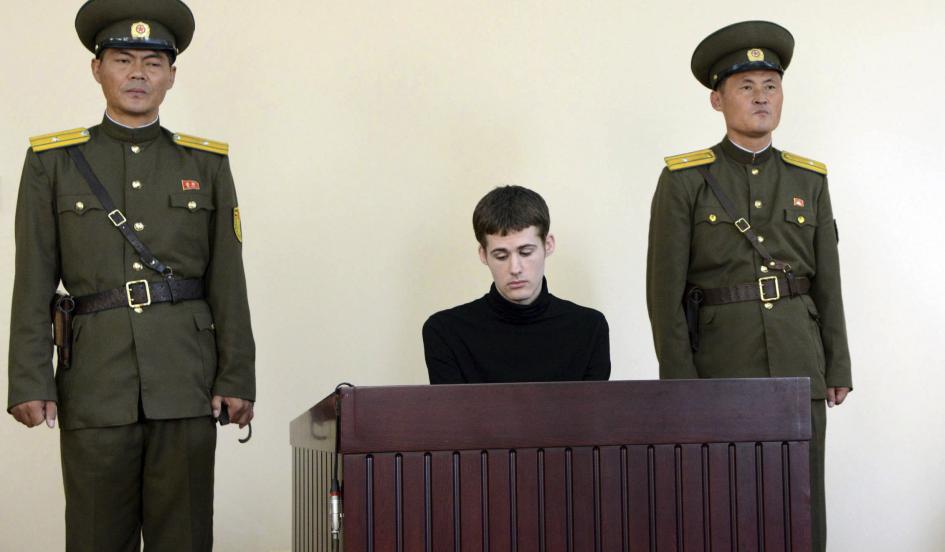by STEVE HAN
Days before the quarterfinal game against Japan, South Korean soccer’s 16-year-old prodigy Lee Seung-woo said that the rival team is “easily beatable” because he said he felt that “a team at the level of Japan” couldn’t be all that difficult to topple.
In the pivotal game in which a berth in next year’s FIFA Under-17 World Cup was at stake, Lee kept his word by lifting Korea’s under-16 national team past Japan with a 2-0 win. The stylish teenager, who scored both goals for Korea, demolished Japan’s defense with his individual skills and no shortage of swagger. After the game, even Lee’s opponents admitted that he was simply unplayable.
“It felt like we were outnumbered [when Lee had the ball],” said Tomiyasu Takehiro, Japan’s defender who was tasked with marking Lee during the game. “The only way to stop him was to commit the worst fouls possible. Our defense just couldn’t react.”
Japan began the game by playing its traditional short passing, possession soccer which kept Lee quietly isolated for much of the first half. But in the 42nd minute, Lee played a cheeky give-and-go pass with Kim Jung-min before scoring easily to give Korea the lead.
But it was Lee’s second goal of the game that showed just why he is touted by fans and media alike as Korea’s brightest ever prospect and perhaps also why the Spanish giants FC Barcelona signed the youngster three years ago when he was just 13 years old.
Lee collected the ball deep in South Korea’s defensive half, but in a matter of seconds, he left five Japanese defenders in dust and even dribbled past the goalkeeper to score on an open net at the other end of the field.
“Our tactic was to defend and then attack because we have a genius player in Lee Seung-woo,” Korean head coach Choi Jin-cheul said, according to Asian Football Confederation’s official website. “When he plays and trains all the other players look at him and follow him so he enhances our playing style as he is good for the other players.”
Since 2011, Lee has been dazzling in the youth ranks of Barcelona, Spain’s iconic professional soccer team. Over the years, Barcelona has produced some of the world’s best players, including Lionel Messi, Andres Iniesta and Xavi Hernandez, through its renowned youth academy, famously named La Masia, which literally translates to “farmhouse” in Spanish. Barcelona signed Lee after spotting him in an international youth tournament in South Africa in 2010.
In Europe, it is the professional sports teams that progressively develop young athletes by operating youth teams for different age groups, unlike in the U.S., where student-athletes represent their respective academic institutions until they’re old and talented enough to play professionally. Although the European system is comparable to Major League Baseball’s farm system in the U.S., the age group for youth soccer teams in Europe start from children as young as 4 or 5 years old.
At Barcelona’s youth academy at which Lee is considered as one of the best up-and-coming talents, only a few players who graduate the development program eventually make its senior team. But although some graduates may not make the cut at the senior level for Barcelona, many who show enough talent to graduate its academy have gone on to other top teams in Europe to establish respectable careers. Spanish midfielder Mikel Arteta couldn’t find a place in Barcelona’s senior team after graduating from La Masia in 2001, but he now plays for Arsenal, one of the best teams in Europe and England.
Photo courtesy of Asian Football Confederation









